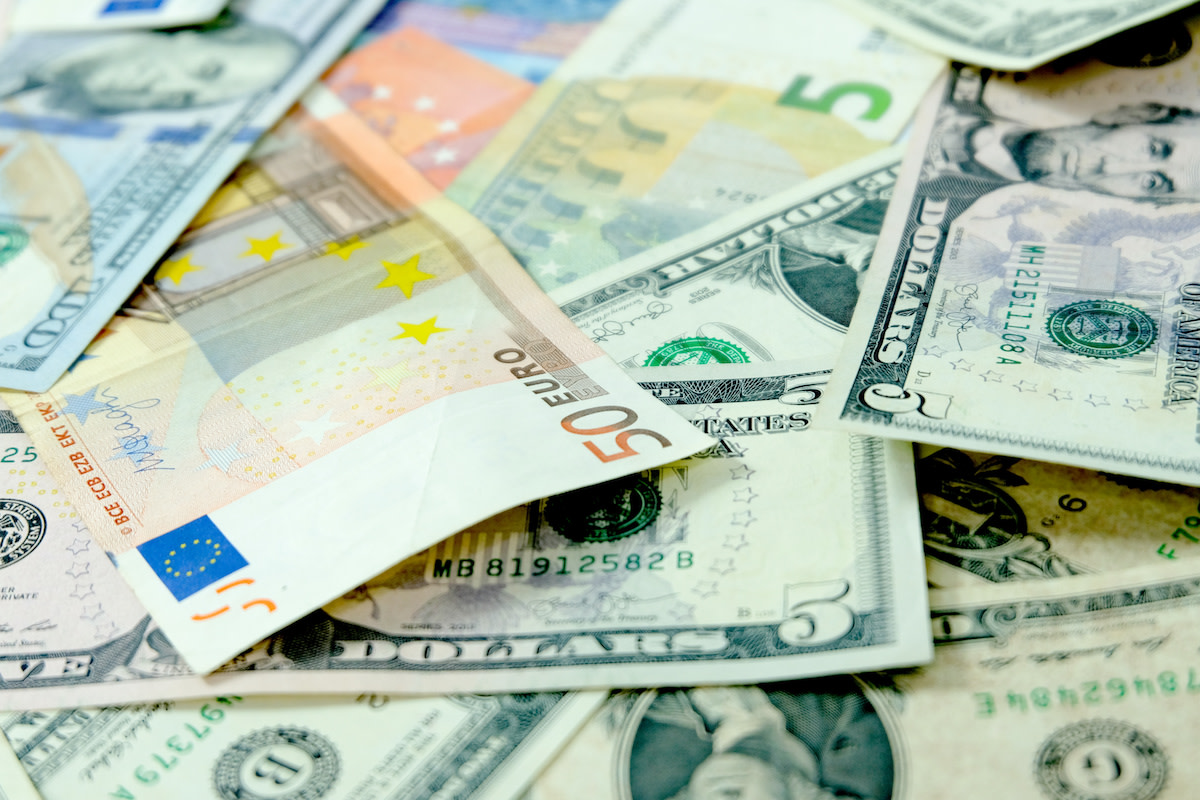Political Economy: 3 Types of Political Economic Systems
Written by MasterClass
Last updated: Jul 26, 2022 • 4 min read
Even in the most free market–friendly societies, political institutions and interest groups still have some sway over the economy as a whole. The study of political economy revolves around the intersection of public policy and economic affairs. Learn more about what comprises political economy.
Learn From the Best
What Is Political Economy?
Political economy refers to a field of study in which economists compare and contrast the effects of political ideologies and structures against economic systems. While some political economists do so in a mathematical and econometric manner, plenty of others do so in a more purely philosophical vein.
By studying the effect of government policies, international relations, and political demands on the economy as a whole, economists hope to better understand what happens when their theories hit the ground in the real world.
3 Political Economic Systems
There are multiple ways in which a society can structure its political economy. Here are just three of the most common throughout recent history:
- 1. Capitalism: The government, at least theoretically, tries to stay out of the way of the market in most capitalist economies. Policymakers might use incentives and subsidies to encourage investment or innovation in specific fields, but they largely leave the placement of resources, wealth, and goods in the hands of the market. As a result, capitalism can occasionally lead to wide gaps of wealth inequality, putting a strain on capitalist political systems.
- 2. Communism: This economic theory espoused by Karl Marx once dominated the political systems of dozens of countries throughout the world. To this day, China—the second-largest economy in the world—supplements its communist principles with capitalist elements. In communism, the government directly controls and oversees the distribution of resources, wealth, and services. As such, this economic system can lend itself to paving the way for more authoritarian political arrangements.
- 3. Socialism: Aiming to achieve the ends of communism, socialism uses some of the tools and methodologies of capitalism. Policymakers might take initiative to redistribute wealth and resources in a more equitable manner under a socialist or social democratic paradigm than they would in a purely capitalist one. Most countries throughout Europe, for instance, have political economies somewhere between capitalism and socialism, allowing the mostly free market to operate with occasional government interventions to ensure fairer outcomes for all citizens.
5 Characteristics of a Political Economy
Political economies consist of certain key characteristics. These five are some of the most important:
- 1. Distribution of resources: Experts in political science and economics study what causes a specific allocation of resources throughout a society. Some countries have a fairly equal standard of living for all citizens, whereas others have more extreme divides between the wealthy and poor.
- 2. Government intervention: Certain governments exert a great degree of control over their economies, whereas others take a more laissez-faire approach to economic policy. Political economists aim to study whether either approach is more successful in helping nations avoid financial crises and maintain financial stability.
- 3. International dynamics: In the era of globalization, the entire world has become an international political economy. Macroeconomic factors between multiple countries can have a wide ripple effect. What one country decides to do about its economy can prove to be determinant for another country’s as well.
- 4. Makeup of the private sector: On a microeconomic level, the private sector contributes many economic factors of its own to the political economy on a wider scale. This might, for instance, manifest in how private interest groups lobby the government for partnership opportunities.
- 5. Stage of economic development: Some countries are at an earlier stage of economic growth than others. In these cases, political economists might recommend a different approach than they would to more developed nations. For instance, some economists think free trade policies help raise developing nations out of poverty, while others believe they allow rich countries to exploit poor ones.
Prominent Political Economists
Certain political economists have left an indelible mark on history. Here are just three who have played a role in shaping the zeitgeist of the modern world:
- Adam Smith: This Scottish economist from the eighteenth century believed it was best to leave decision-making about economics entirely in the hands of private citizens and companies. Smith’s central idea was that the “invisible hand” of the market would do a better job allocating resources to those who needed them than would be possible through centralized government planning.
- John Stuart Mill: Subscribers to Mill’s utilitarianism insist societies structure their economic systems around achieving the most good for the most possible people. This would, in turn, shape political behavior and attitudes on a wide scale. Critics of utilitarianism assert it can unfairly favor the majority group at the expense of minority groups in any given society.
- Karl Marx: The economic analysis of Karl Marx laid the groundwork for communism to sweep through Eastern Europe, Asia, and Latin America in the twentieth century. This political theory inspires heated divisions to this day. Proponents believe its end goals remain noble, insisting past attempts to achieve communist objectives fell short or went astray from Marx’s initial ideas, while critics point to large amounts of repression and bloodshed in communist nations as proof the theory itself is dangerous.
Learn More
Get the MasterClass Annual Membership for exclusive access to video lessons taught by the world’s best, including Paul Krugman, Doris Kearns Goodwin, Ron Finley, Jane Goodall, and more.
